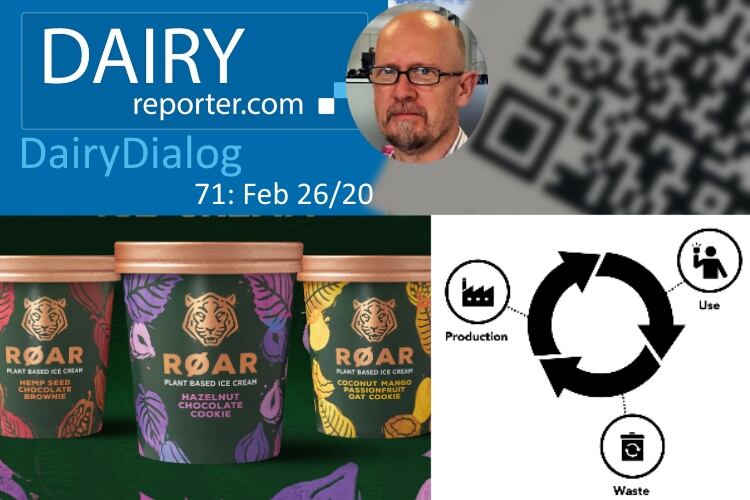The company said it is projecting the pandemic will not end before 2022, and notes the WHO expects it may take four or five years to fully control the virus globally.
Therefore, it said, it will be critical for organizations to implement some form of diagnostic testing. Even with PPE, social distancing and other preventative measures in place, asymptomatic cases can continue to spread the virus at work sites.
Dr Maikel Boot, PreScouter infectious disease expert and co-author of the report, said it is essential for companies to prepare for surges in infections in their communities and workspace by providing diagnostic testing to their employees at regular intervals, scaling with the resurgence of COVID-19 cases.
“Implementing regular COVID-19 testing will allow the prevention of uncontrolled spread of infection by detecting cases early on. This way, work sites can remain open, and companies will have little to no financial or brand damage,” Boot said.
The report outlines the importance of workplace testing, the current challenges still being faced for mass testing, the available options for implementing workplace testing in the US, and the new innovations emerging in the space.
The report also highlights what companies need to start doing today if they want to stay ahead of the curve and includes recommendations applicable to any type of business.
Co-author and research analyst, Genevieve Engleman, said finding the right testing solution is not an easy task.
“Of 222 identified potential tests, we profiled over 55 test kits in detail to compare sensitivity, specificity, time to result, cost, geographical restrictions and estimated supply. We also interviewed a number of test company executives for exclusive details on corporate smart testing strategies for employees in terms of capacity, procedures and potential bulk cost savings,” Engleman said.
Depending on the size of a company, expertise of employees and criticality of each work site, some options may be more feasible and cost effective than others, the company said.


